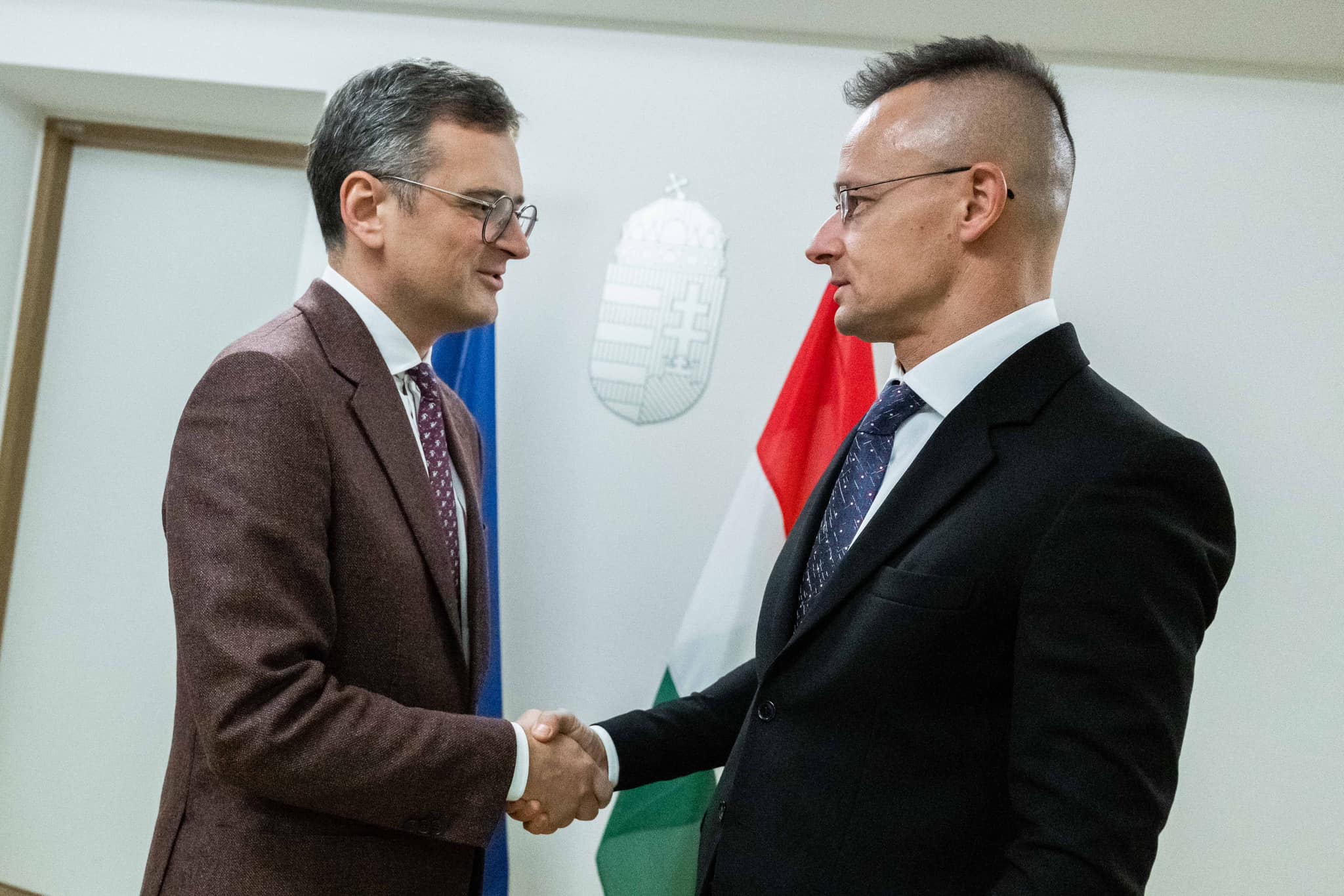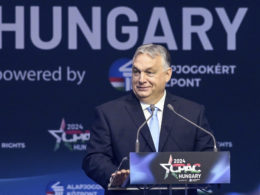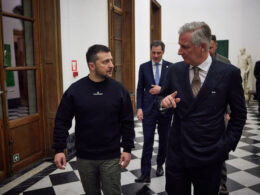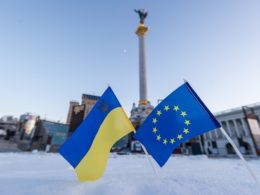On 11 December, Ukraine's Foreign Minister Dmytro Kuleba met with his Hungarian counterpart Peter Szijjarto for the first time since the start of Russia's full-scale invasion in February 2022, Kuleba announced on X (formerly Twitter).
“We had a frank conversation with my Hungarian counterpart Péter Szijjártó in Brussels,” Kuleba wrote.
Kuleba briefed on the updates to Ukrainian legislation on national minorities and explored the topic of Ukraine beginning its EU accession talks. He underscored the well-founded and timely nature of the political decision in this context.
“Ukraine and Hungary share a common European future. We will continue our dialogue ahead of the European Council summit later this week,” Ukraine's Foreign Minister concluded.
In his Facebook post, Peter Szijjarto acknowledged the difficulties in bilateral relations, citing Ukraine's regulations since 2015 that have increasingly restricted the rights of the Hungarian community.
He expressed concerns about the European Commission's lack of preparedness regarding the implications of Ukraine's potential EU membership, referencing the challenges arising from previous decisions like grain transit and trucking permits.
On 30 November, the chief of staff to Hungarian Prime Minister Viktor Orbán, Gergely Gulyas said that Hungary will not support any European Union proposal to begin EU membership talks with Ukraine.
He also stated Hungary would not support proposed amendments to the EU’s budget, part of which would provide 50 billion euros ($54.5 billion) in long-term aid to Kyiv.
Read also:
- Ukraine’s new NATO reform plan denies Hungary veto leverage
- EU prepares “plan B” as Hungary blocks € 500 mn of Ukraine aid
- What’s behind Hungary’s “ultimatum” to block Ukraine’s EU accession?
- Associated Press: Hungary to oppose EU membership talks with Ukraine, minister says





